Laughter was always guaranteed with Les
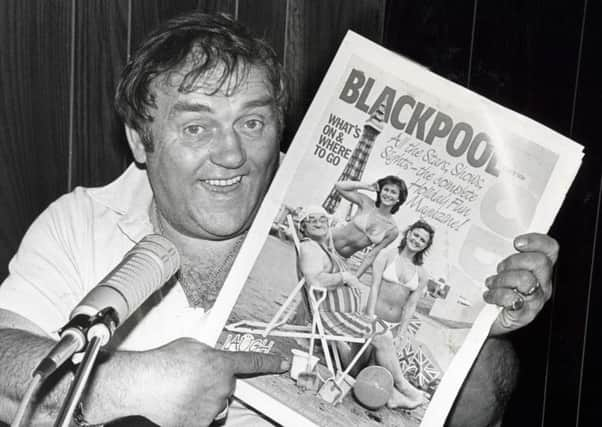

Les was born in Collyhurst, in Manchester, and worked briefly as a journalist at the Bury Times.
He admitted he endured school, rather then enjoyed. He didn’t excel in most subjects, but was told by teachers he “had the talent to be a fine writer.”
Advertisement
Hide AdAdvertisement
Hide AdLes later said: “I found the key that would admit me into the schoolyard society... I became the daft one, the idiot, the one who made all the others laugh.
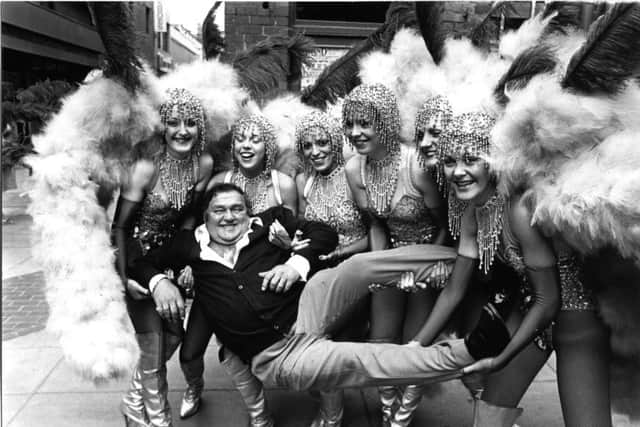

“It wasn’t really all that hard to do. I was small and chubby. I could pull side-splitting faces and I had a gift for mimicry.”
After school, as a typical teenager, he drifted from job to job. Following National Service, he briefly played piano in a brothel in Paris.
It was after a series of failed auditions, he found his unique style – that deadpan delivery, that curmudgeonly persona.
Advertisement
Hide AdAdvertisement
Hide AdIn his autobiography, he described how it had come about by accident, when he had drank his pockets empty in a small pub before staggering into the club he was performing at and starting to play piano – and falling off the stool. After thanking the audience for their brief spattering of applause, his autobiography describes how he told them: “It’s a great pleasure to be working here. In fact, it’s a pleasure to be working anywhere. I’m booked here tomorrow and I have a booking for next October... not much, but to me, it’s a career.”
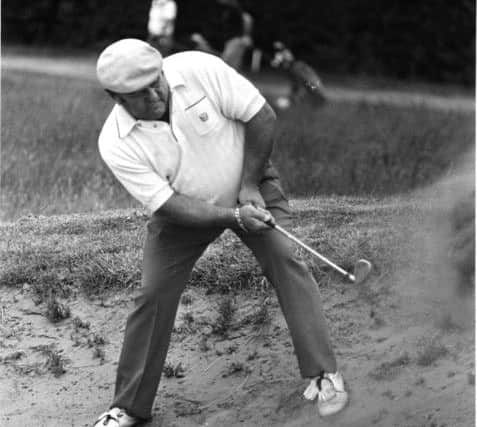

The audience laughed.
He carried on with the insults – and the audience were eating out of his hand.
His style was born – that sunken face drained of enthusiasm and a storyline laden with headaches. And it took him to the top of Clubland.
Les made his television debut on the talent show Opportunity Knocks in 1967, kicking off his lifelong, prominent comic career on British television.
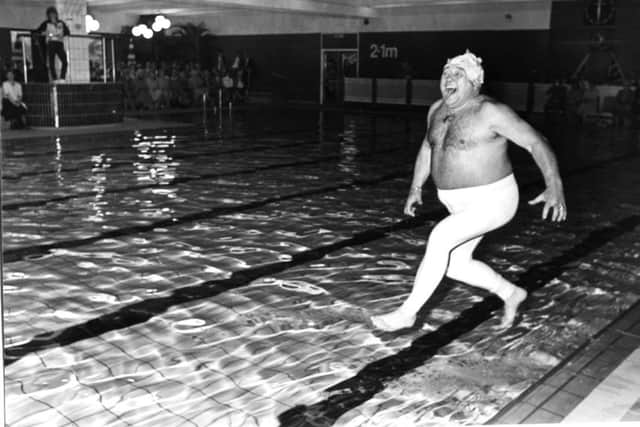

Advertisement
Hide AdAdvertisement
Hide AdHe didn’t win the show, but it raised his profile, and his fame spread through the entertainment world.
His own TV shows followed – Sez Les, The Dawson Watch, The Les Dawson Show and Blankety Blank, as well as countless theatre appearances.
He was a talented pianist, but developed a gag in which he played a familiar piece such as Beethoven’s Moonlight Sonata and then introduced hideously wrong notes (yet not destroying the tune) without appearing to realise, smiling unctuously and relishing the accuracy and soul of his own performance.
Among his comic creations, were Cissie and Ada – which he became with Roy Barraclough – northern, working-class women who would mouth certain words in their conversations – particularly those pertaining to bodily functions and sex.
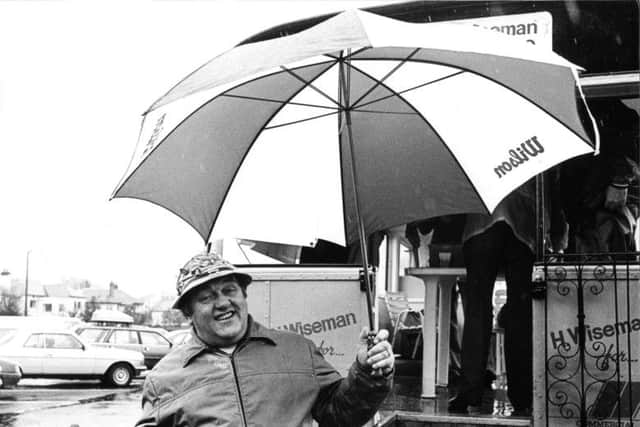

Advertisement
Hide AdAdvertisement
Hide AdLes was also a prolific writer, penning several serious novels, as well as his autobiographies.
In a rare serious interview with The Gazette in 1986, he talked about his ninth book, A Time Before Genesis, and pondered on what he felt was wrong with modern life.
“I’m eternally optimistic,” he said.
“But our greatest enemy is sloth, losing interest, closing the door, putting the telly on, forgetting about our children, our old people, our loved ones, losing our compassion. We must learn to care more. But we’ll win through in the end.
“We Dawsons certainly believe where there’s a will, there’s a way.”
And things weren’t easy for Les.
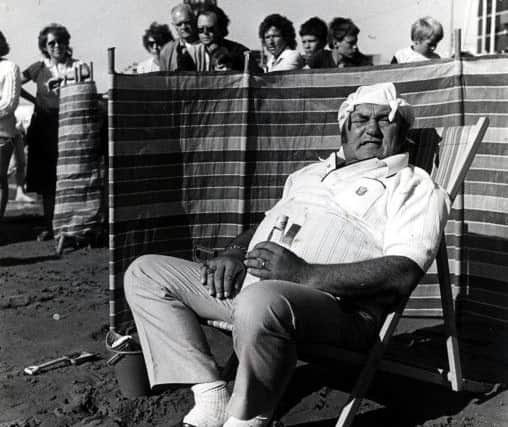

Advertisement
Hide AdAdvertisement
Hide AdHis wife of 30 years, Meg – with whom he had three children – died in 1986, aged 48, after being ill for some time with cancer.
He was a fan of golf, having taken up the game in the early 80s to keep fit and he thoroughly enjoyed playing at Fairhaven, near his Ansdell home. He insisted he didn’t take the game too seriously, but told a Gazette reporter who tagged along for a game with fellow comedian Eric Sykes:
“It’s a game of basic honesty. It’s a gentleman’s game.
“It’s so unpredictable – that’s the challenge. It doesn’t matter how well you know a course, the condition can change everything.”
He was full of praise for his adopted home, the Fylde coast.
Advertisement
Hide AdAdvertisement
Hide Ad“People here are the salt of the earth and I’ve made many good friends.”
In 1986, he was given the ultimate Blackpool accolade – flicking the switch at that year’s Illuminations Switch-On.
In 1989, Les married his second wife, barmaid Tracy Roper, at Lytham St Annes White Church.
The couple went on to have a daughter, Charlotte.
On June 10, 1993, at a hospital in Whalley Range, Manchester, Les having just had a medical check-up, was awaiting the results with his wife, when he suffered a major heart attack and died.